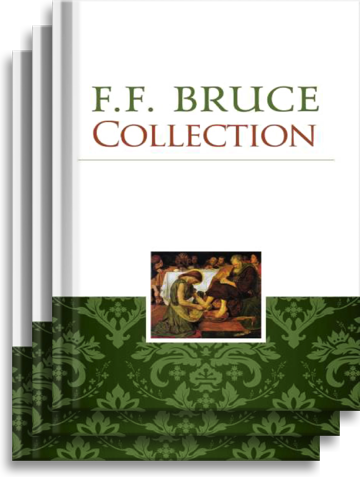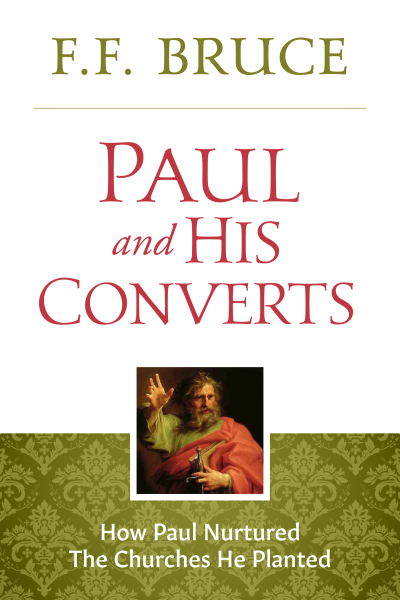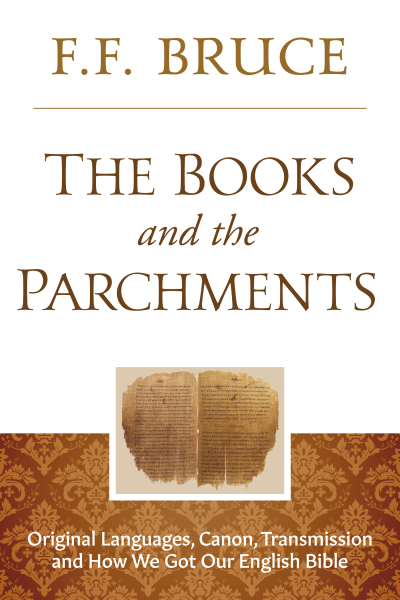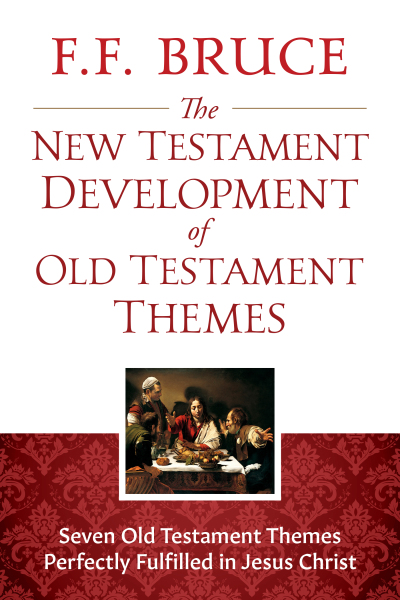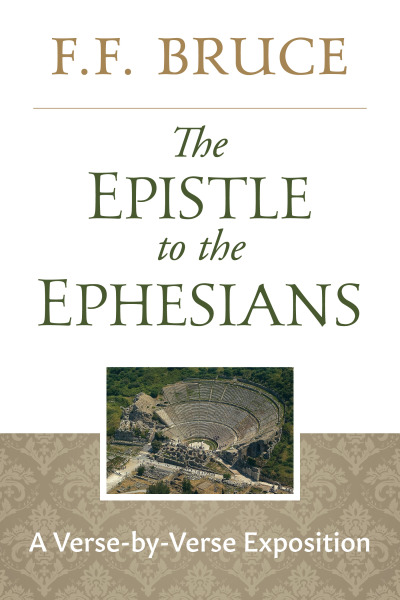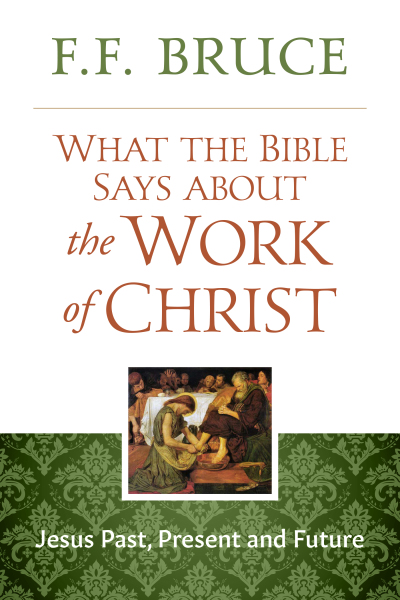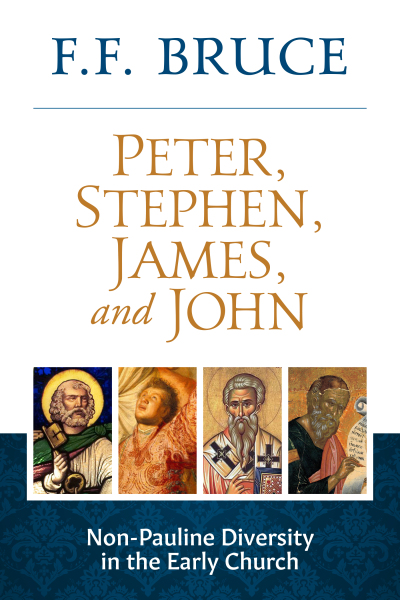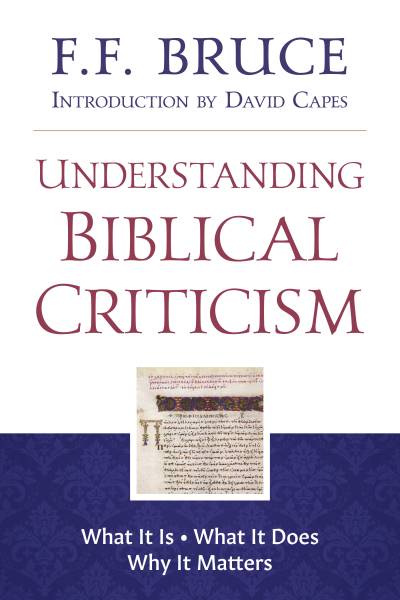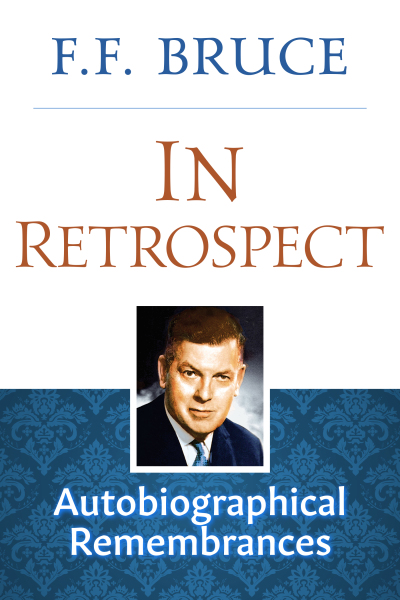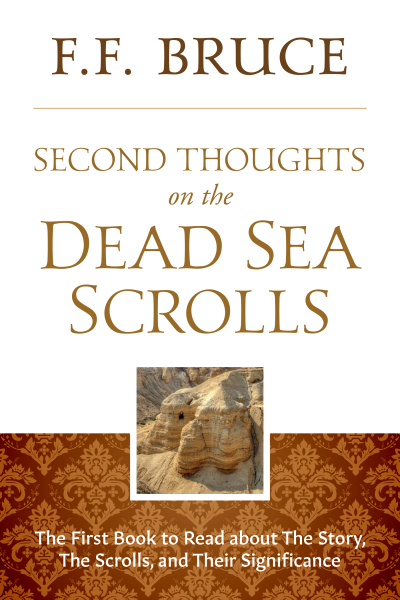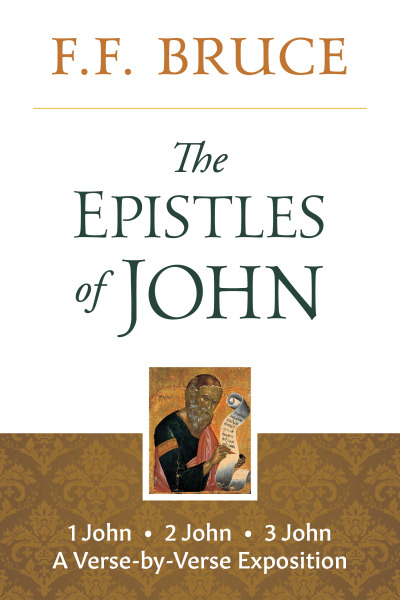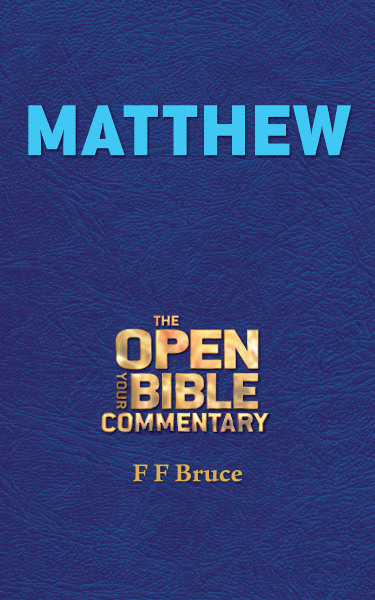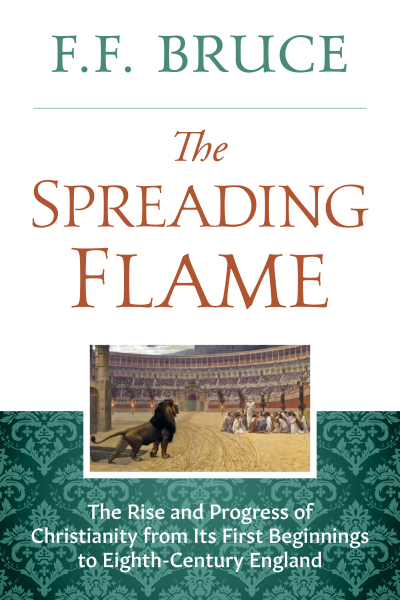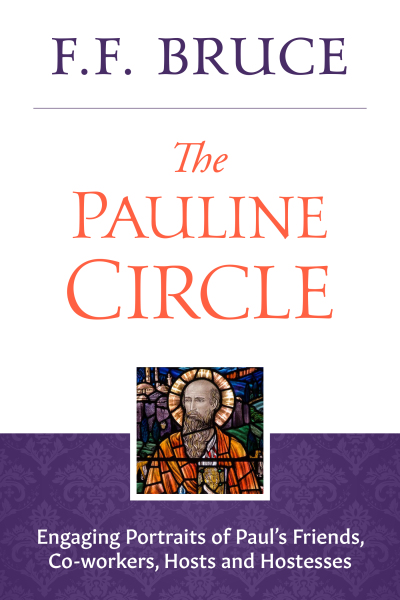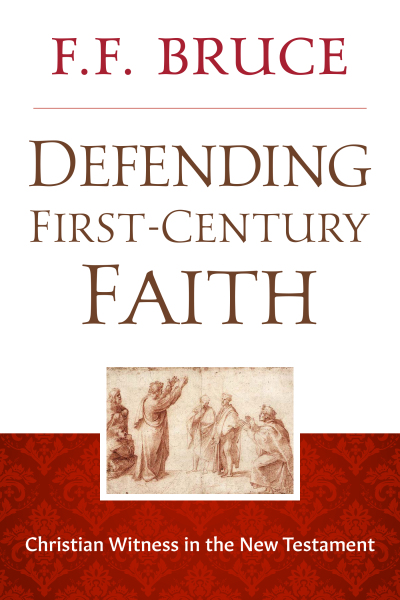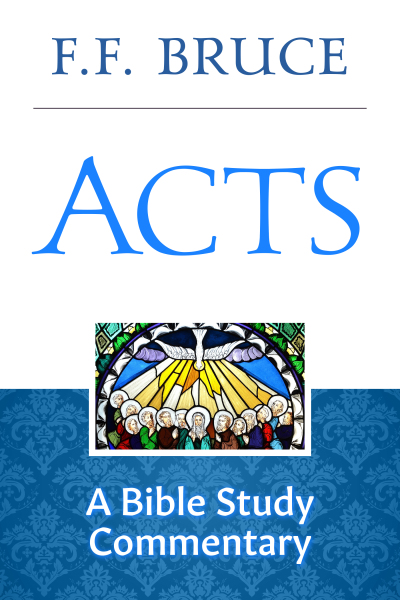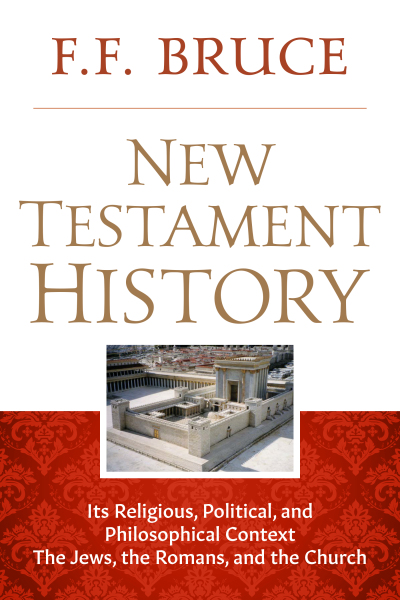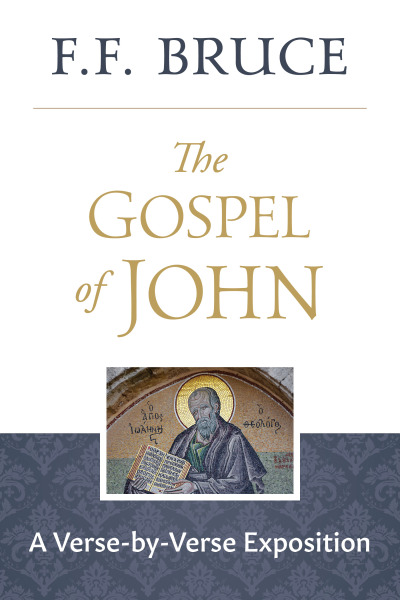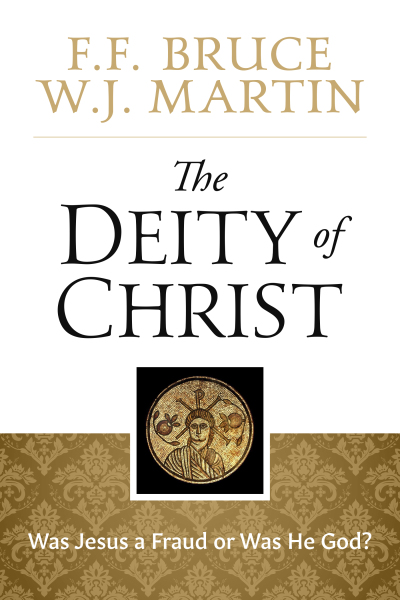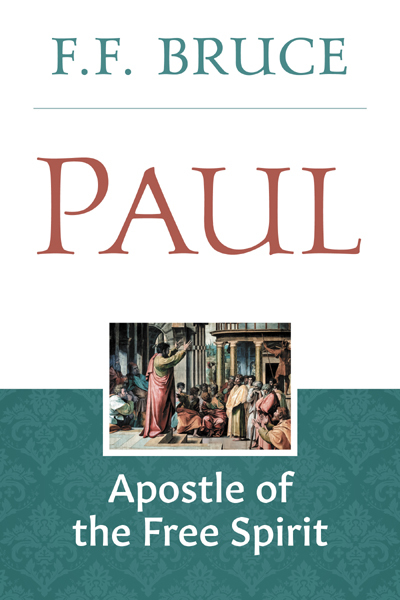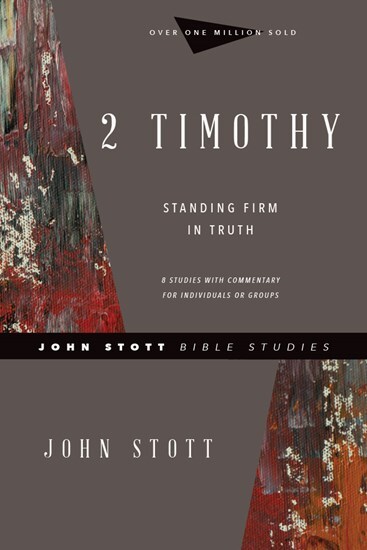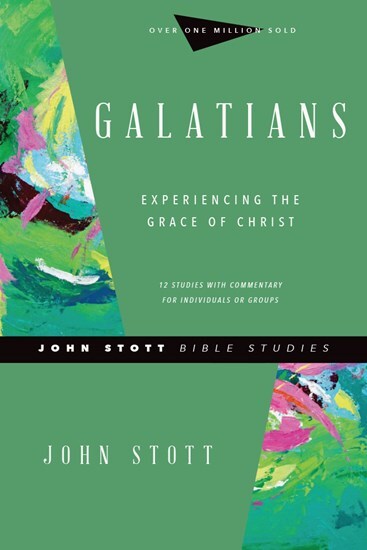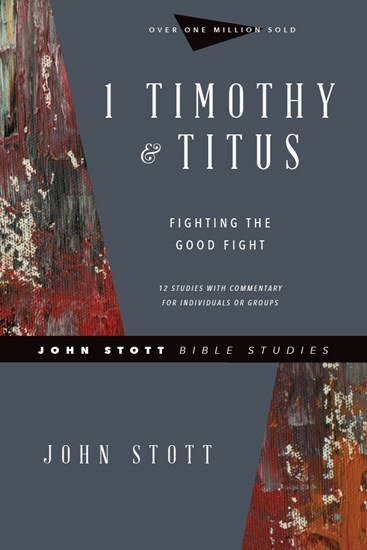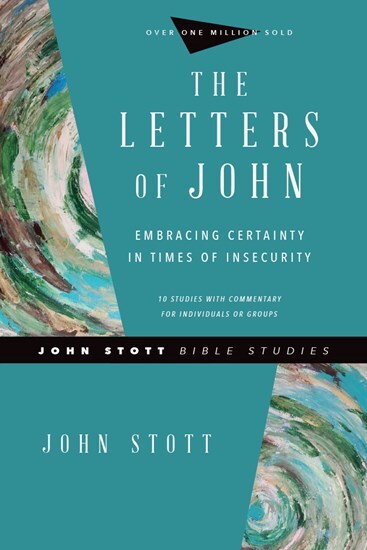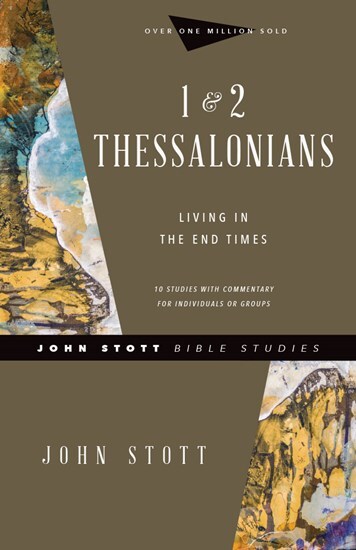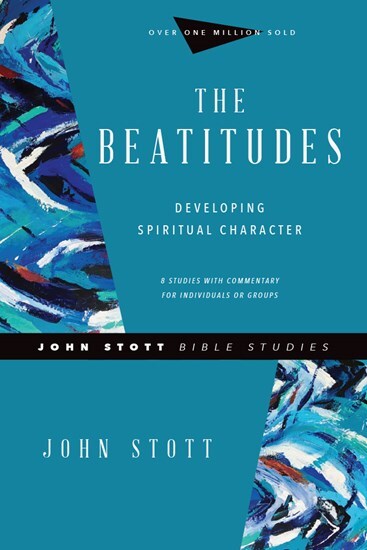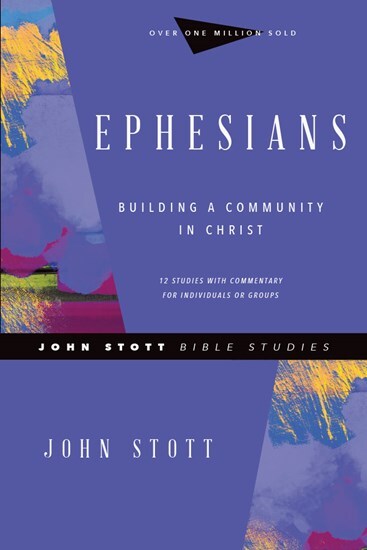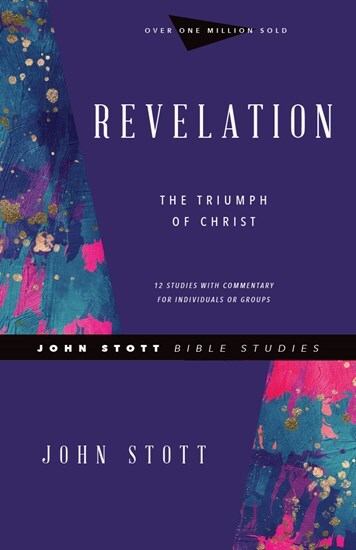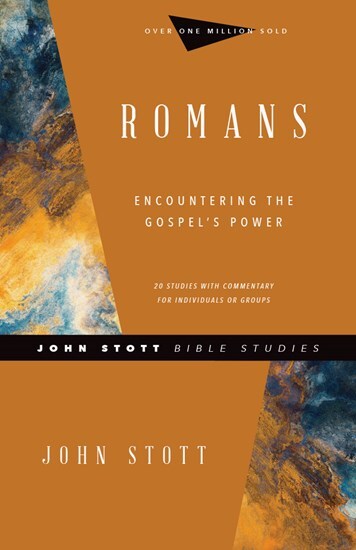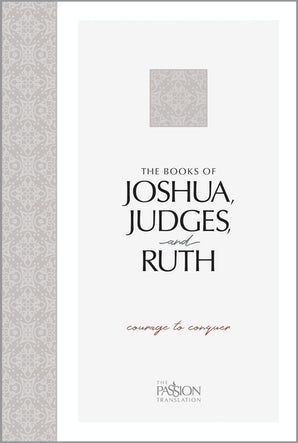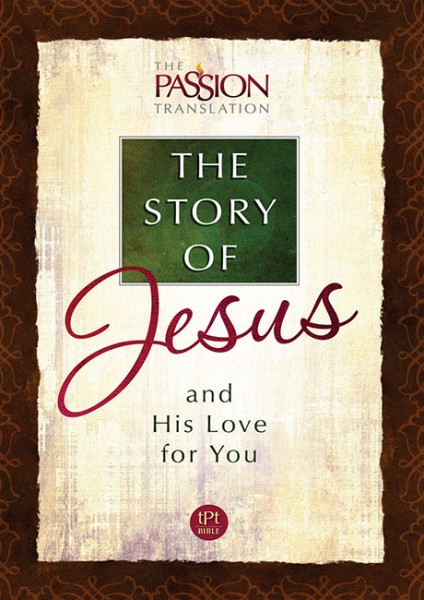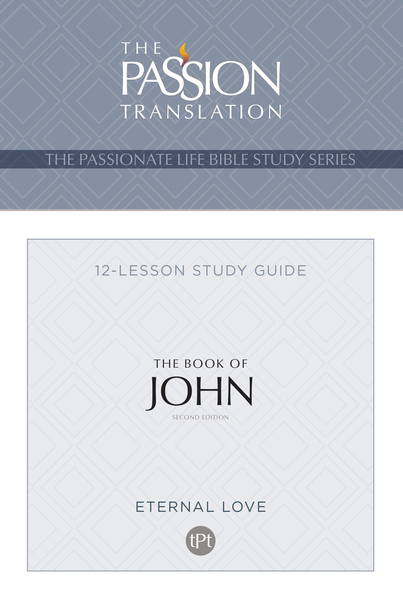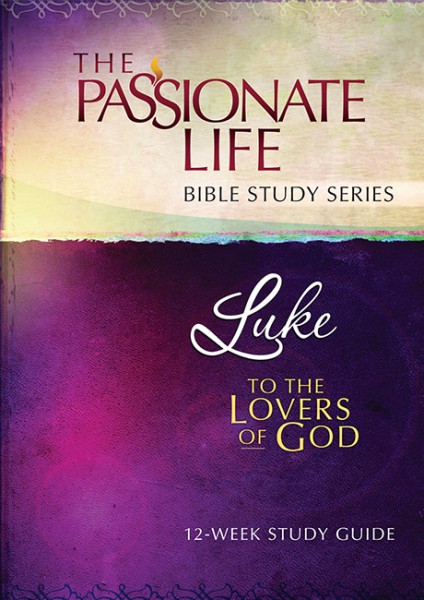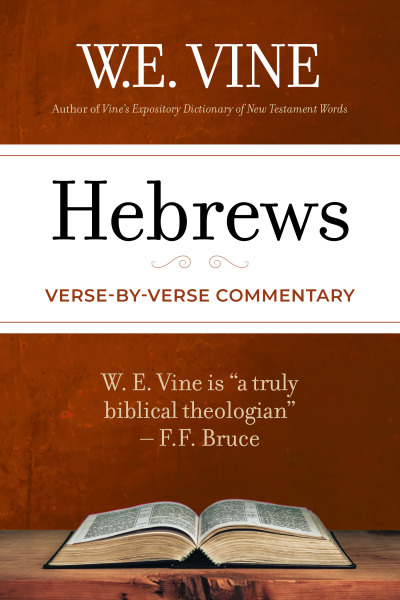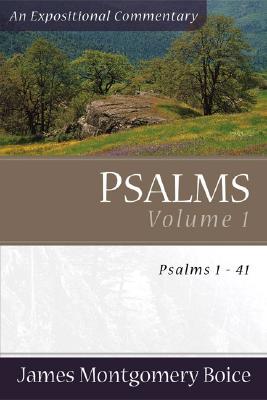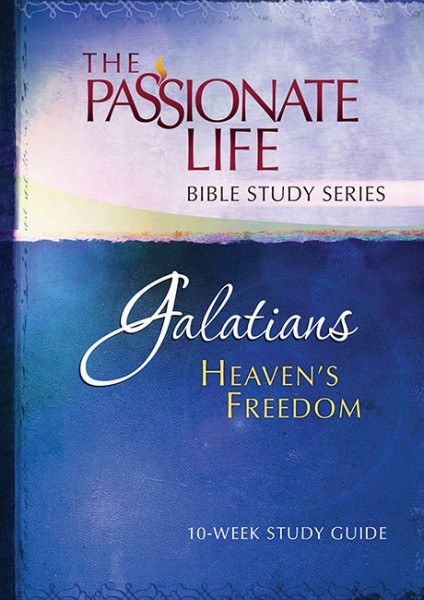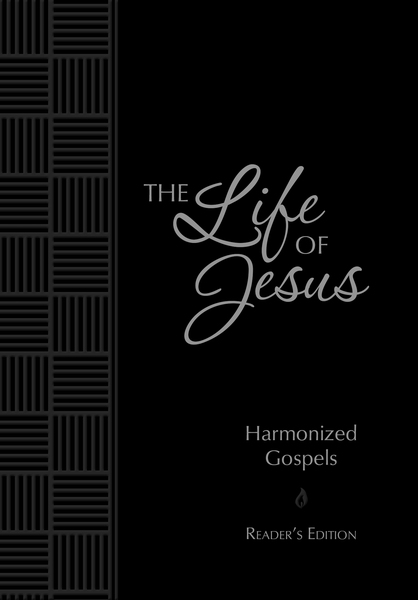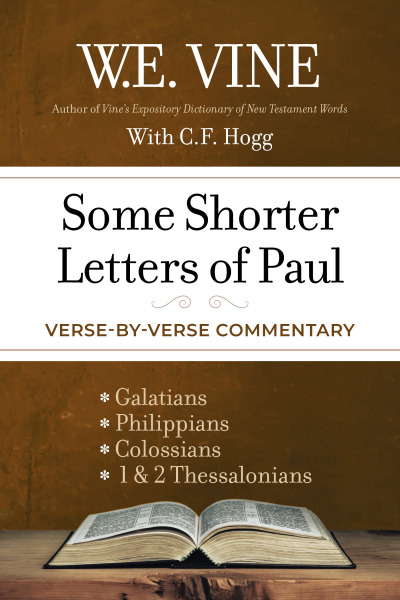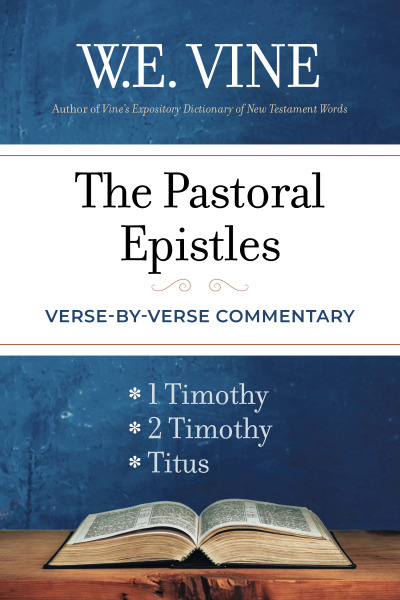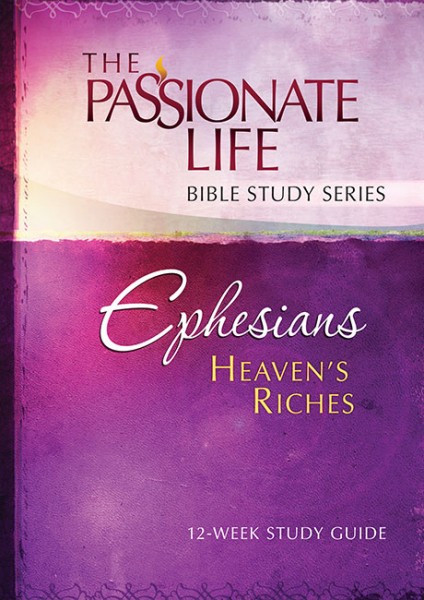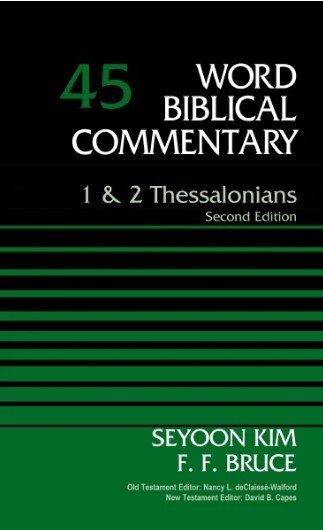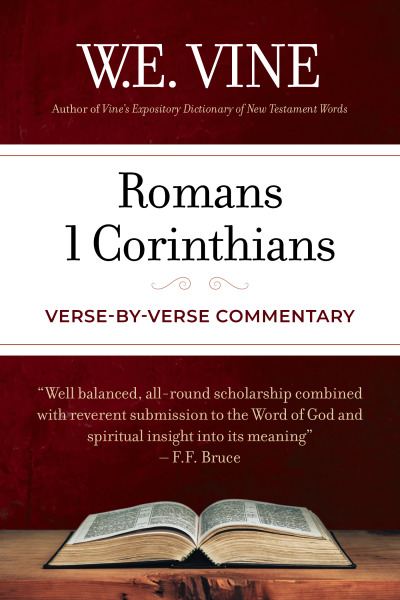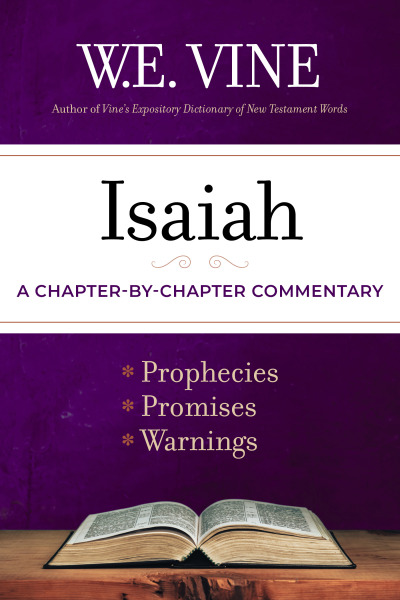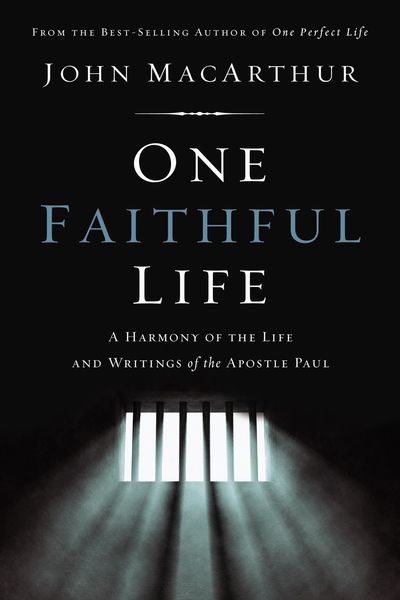

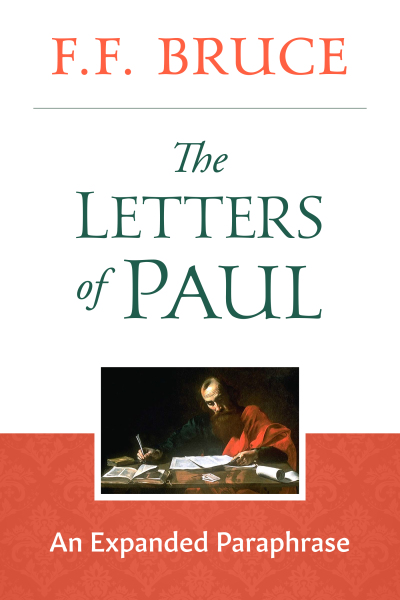
Letters of Paul: An Expanded Paraphrase

Letters of Paul: An Expanded Paraphrase
"This book is perhaps the most accessible introduction to the writings of St. Paul ever written in modern English," said an Amazon reviewer. That’s because Professor Bruce does not approach his "expanded paraphrase" as a Bible translator, but as a storyteller recounting the life of Paul after his conversion and his correspondence with churches and individuals. This expanded paraphrase "is designed to make the course of Paul’s argument as clear as possible," says F.F. Bruce.
One unique aspect of The Letters of Paul is that Professor Bruce tells the story of Paul—his early career, his conversion, and his missionary efforts—which then becomes the setting for placing each of Paul’s letters in context and in approximate chronological order. Bruce’s fascinating connecting narrative serves as the historical background for each letter.
Originally published as a diglot with the Revised Version of 1881, this edition contains only Professor Bruce’s paraphrase so that the reader can compare it with a favorite translation. The Letters of Paul "is really a treasure—it is illuminating and beautiful," says Goodreads reviewer Milton Goodwin.
F.F. Bruce (1910-1990), known as the dean of evangelical scholarship, had a passion for proclaiming the Bible as God’s guide for our lives. He was Rylands Professor of Biblical Criticism and Exegesis at the University of Manchester in England. A prolific writer, his commentary volumes and other works are considered classics. His work New Testament Documents: Are They Reliable was selected by Christianity Today as one of the top 50 books of all time which shaped evangelicals. Bruce combined an immense contribution to evangelical scholarship with a passion for proclaiming the Bible as God’s guide for our lives. He used his great knowledge to explain the Bible simply and clearly.
